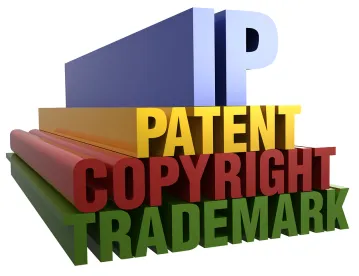In a unanimous ruling issued May 22, 2017 in TC Heartland LLC v. Kraft Food Group Brands LLC,1 the United States Supreme Court severely restricted the locations in which patent infringement lawsuits may be filed. This change decreases patent holders’ ability to select a favorable forum, while giving potential defendants greater control over the jurisdiction(s) in which they have to defend themselves.
Venue for patent lawsuits is governed by 28 U.S.C. § 1400(b), which states that a lawsuit for patent infringement “may be brought in the judicial district where the defendant resides, or where the defendant has committed acts of infringement and has a regular and established place of business.
Since 1990, the Federal Circuit had used the definition of “residence” provided by 28 U.S.C. 1391(c), which states that for the purposes of determining venue, a domestic entity (other than a natural person) being sued is deemed to reside in any judicial district in which the entity is “subject to the court’s personal jurisdiction with respect to the civil action in question.”2 This interpretation permitted patent owners to sue domestic corporations for patent infringement in practically any jurisdiction in which the defendant sold products or offered services.
However, the Federal Circuit’s broad interpretation of Section 1400(b) directly contradicted an earlier decision by the Supreme Court holding that Section 1400(b) is the sole and exclusive provision governing jurisdiction in patent cases and that domestic corporations reside solely in the state in which they are incorporated.3 The Federal Circuit reasoned that Congress’s amendments to Section 1391(c) in 1988 overruled the Supreme Court’s earlier decision in Fourco.
In TC Heartland, the Supreme Court roundly rejected the Federal Circuit’s interpretation, holding that Congress’s amendments to Section 1391 did not change the holding in Fourco that domestic corporations reside solely in their state of incorporation.
Going forward, patent owners may only file suit against a domestic corporation in a jurisdiction in which either (i) the defendant is incorporated or (ii) the defendant both has committed acts of infringement and has a regular and established place of business. This decision will likely increase the number of patent infringement suits filed in Delaware and California (where many companies choose to incorporate), while dramatically reducing the number of suits filed in venues perceived as being favorable to patent owners (such as the Eastern District of Texas).
1 Judge Gorsuch did not participate in consideration of the case. A complete copy of the decision is available at https://www.supremecourt.gov/opinions/16pdf/16-341_8n59.pdf.
2See VE Holding Corp. v. Johnson Gas Appliance Co., 917 F.2d 1574 (1990).
3Fourco Glass Co. v. Transmirra Products Corp., 353 U.S. 222 (1957).




 />i
/>i
